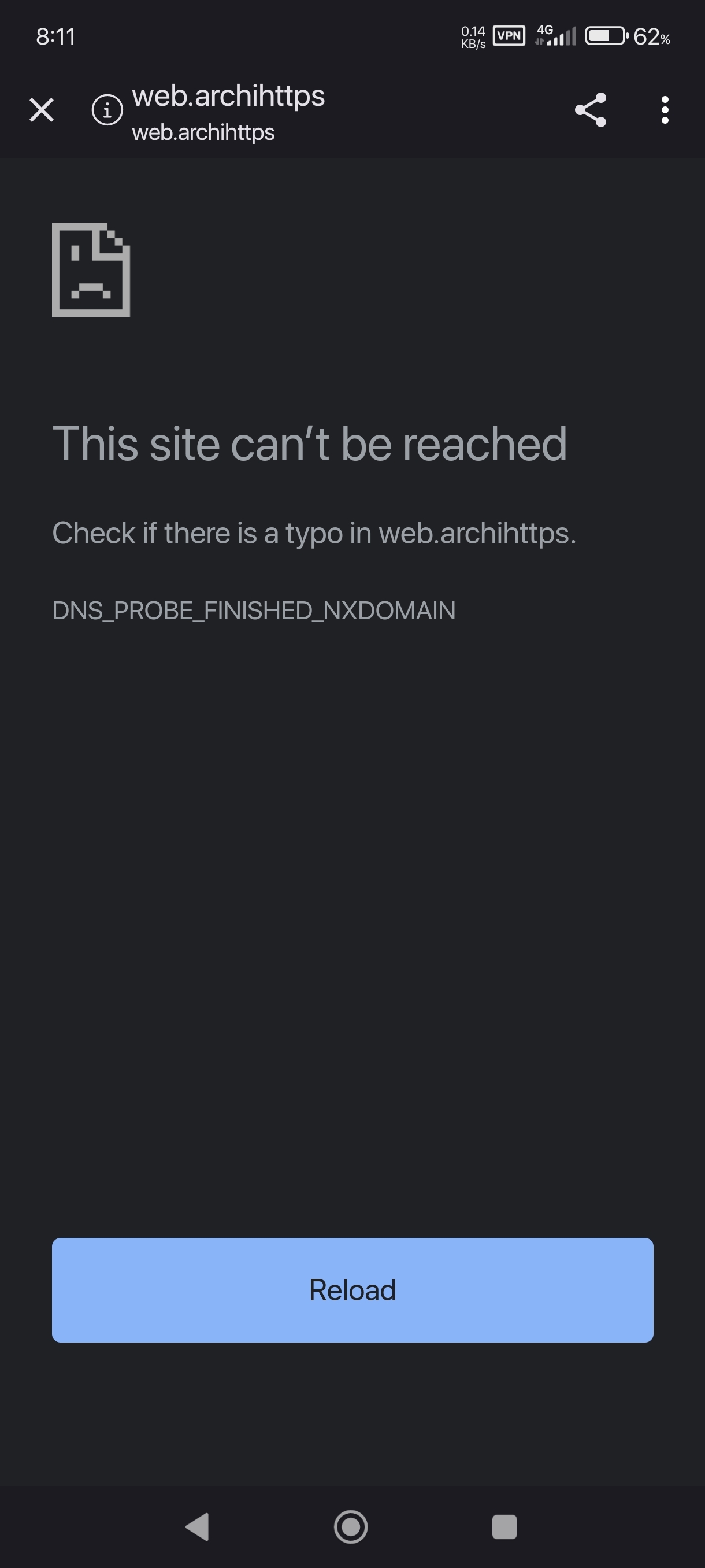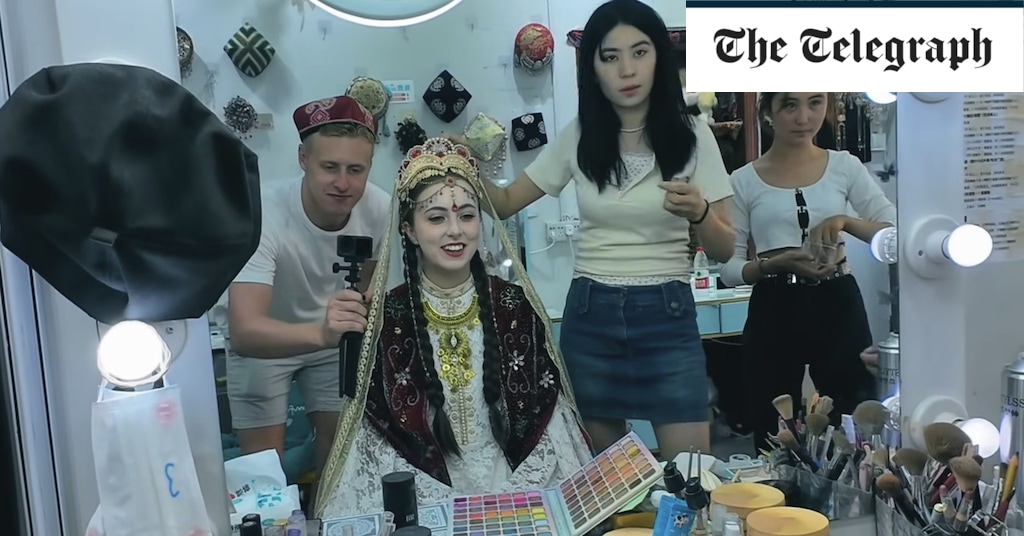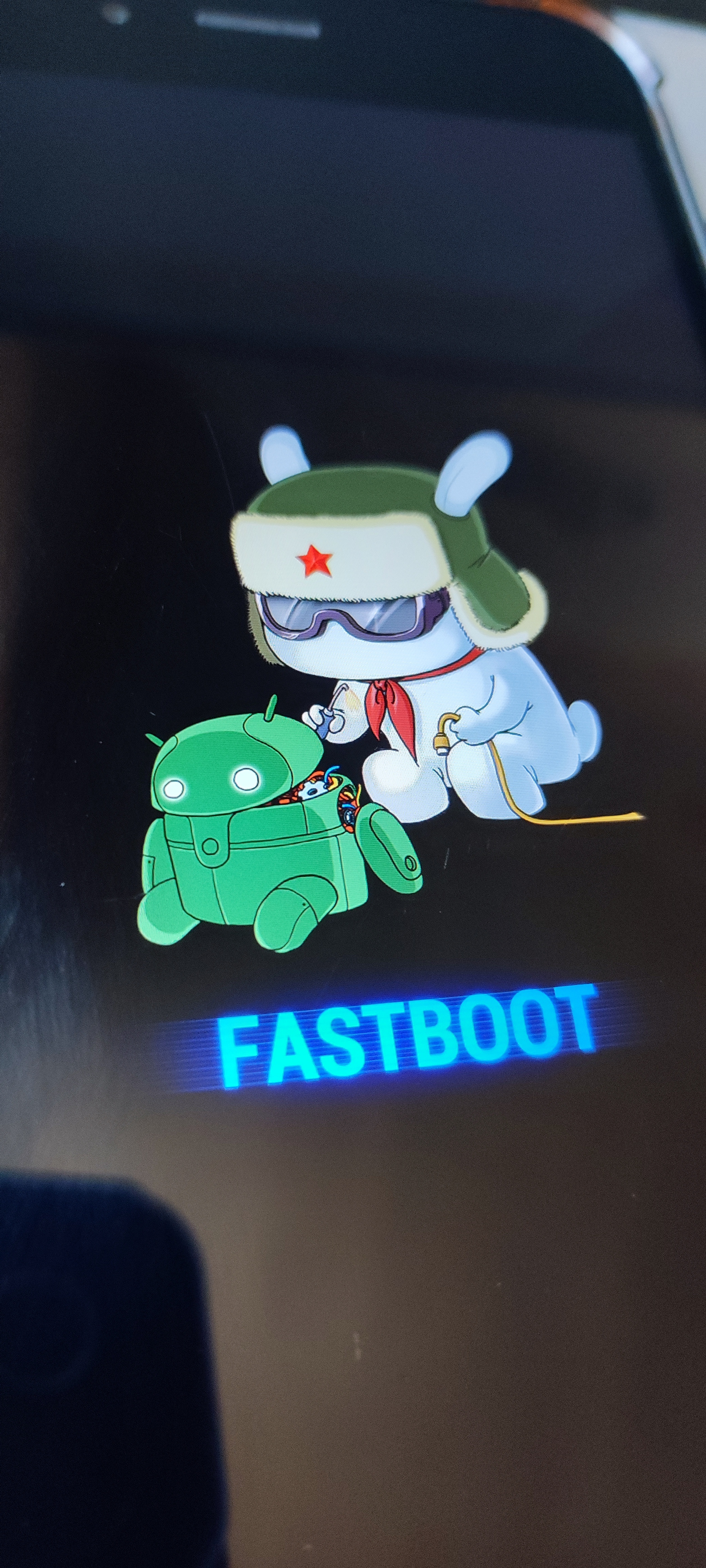- cross-posted to:
- news@beehaw.org
- world@lemmy.world
- cross-posted to:
- news@beehaw.org
- world@lemmy.world
In the heart of Xinjiang, the Chinese region where more than one million Uyghurs are believed to be detained in re-education camps, two carefree British travel vloggers cheerfully introduce their viewers to “one of the most controversial areas” of the country.
Journalists are harassed and heavily monitored in the rugged western province, where Western governments and rights groups have accused the authorities of suppressing Muslim minorities through mass surveillance, abuse and political indoctrination.
But foreign YouTube influencers are warmly welcomed by the normally censor-happy Chinese government, which seizes on their happy-go-lucky content to legitimise its own narrative that no human rights abuses are taking place.
[…]
As the country reopens for travel after years of pandemic isolation, foreign influencers, including many Brits, are heading East armed with cameras and tripods, eyeing an increasingly lucrative YouTube market with an eager audience ready to increase their ratings.
The Chinese government has given them a helping hand with a raft of new visa-free policies, and the country received over 17 million foreign travellers in the first seven months of this year, up by almost 130% year-on-year, according to foreign ministry figures.
[…]
But a growing number are entering lesser-known regions including Xinjiang, which for years has been beset by allegations of severe human rights abuses and repression that Beijing justifies as necessary to fight terrorism.
Some YouTubers setting foot in the rugged region attempt to draw viewers with sensational titles about exposing Western media “lies” about Xinjiang or by alluding to the risks of travelling there.
[…]
There is no suggestion any of the vloggers are acting at the behest of the Chinese government or receiving its money, but titles about media deception echo official state messaging about the West’s perceived anti-China narrative, particularly on fundamental rights.
For China, the influx of influencers offers the opportunity to rebut overseas criticisms and reinforce its stance through highlighting the unimpeded visits of awestruck foreigners.
The footage, amplified by Chinese social media platforms and state-run outlets, receive hundreds of thousands of views and screeds of favourable comments.
An increasing number of international vloggers were visiting Xinjiang “with great curiosity,” noted a recent article in the [state-controlled] Global Times.
[…]
Daria Impiombato, a cyber analyst at the Australian Strategic Policy Institute, has co-written several reports on China’s multilayered ways of folding local and foreign influencers into its propaganda strategy.
She said vloggers with large platforms had a responsibility to inform themselves and to be sceptical.
“There needs to be a reckoning with that type of platform,” she said. “It’s like influencers who are going to Syria, just doing travel vlogs from Syria without talking about years and years of war and devastation. You can’t do that, and you can’t do that in Xinjiang either.”
[…]
Maya Wang, the associate China director at Human Rights Watch, urged travellers to be more aware in societies suffering human right abuses and “not be complicit in the censorship and disinformation that the Chinese government hopes to achieve.”
travel influencers are so frustratingly ignorant and apathetic.
“look, this supermarket sells bread, I see no oppression here”.
those are not valid, logically coherent thoughts.
“someone is walking to a bus stop, I haven’t seen a beating in the streets in the entire 7 minutes it took me to walk to a restaurant outside my hotel in the tourist sector of the largest provincial city.”
“a library? libraries aren’t totalitarian!”
“in conclusion, I’ve eaten dumplings at an airport cafe, rented a bicycle, and bought a hat from a market stall for 18 euro all without seeing a single uniformed Nazi tattooing anybody in the middle of the street on the way to my dumplings! I don’t know what these disabled victims, journalists and human rights activists are talking about!”
Stop thinking of them as people, they are just meat space for brands. Like a billboard or those little posters above urinals.
Influencers are just fleshy billboards for whoever wants them to shill.
It isn’t a job, it is a resource.
And honestly, I think we are all getting tired of seeing their burning faces and hearing their vapid takes.
“We didn’t see anything bad in the areas we were allowed to go to”.
Yeah……
Tankies have their influencers?
This is because the average IQ of a YouTube travel blogger is only slightly more than that of a flat worm.
I haven’t seen this kind of lack of critical thinking since Tucker Carlson visited Russia.
I also have a feeling they didn’t comb through the industrial areas or out-of-town camps.
“It’s like influencers who are going to Syria, just doing travel vlogs from Syria without talking about years and years of war and devastation. You can’t do that, and you can’t do that in Xinjiang either.”
Actually you can.

That’s strange. When I click the link from my front page feed I get the above but clicking from the comment section it’s fine 🤔
Sorry, that was me. The link was broken due to a typo, but now it’s corrected. Sorry.
There’s plenty of em here on lemmy as well




